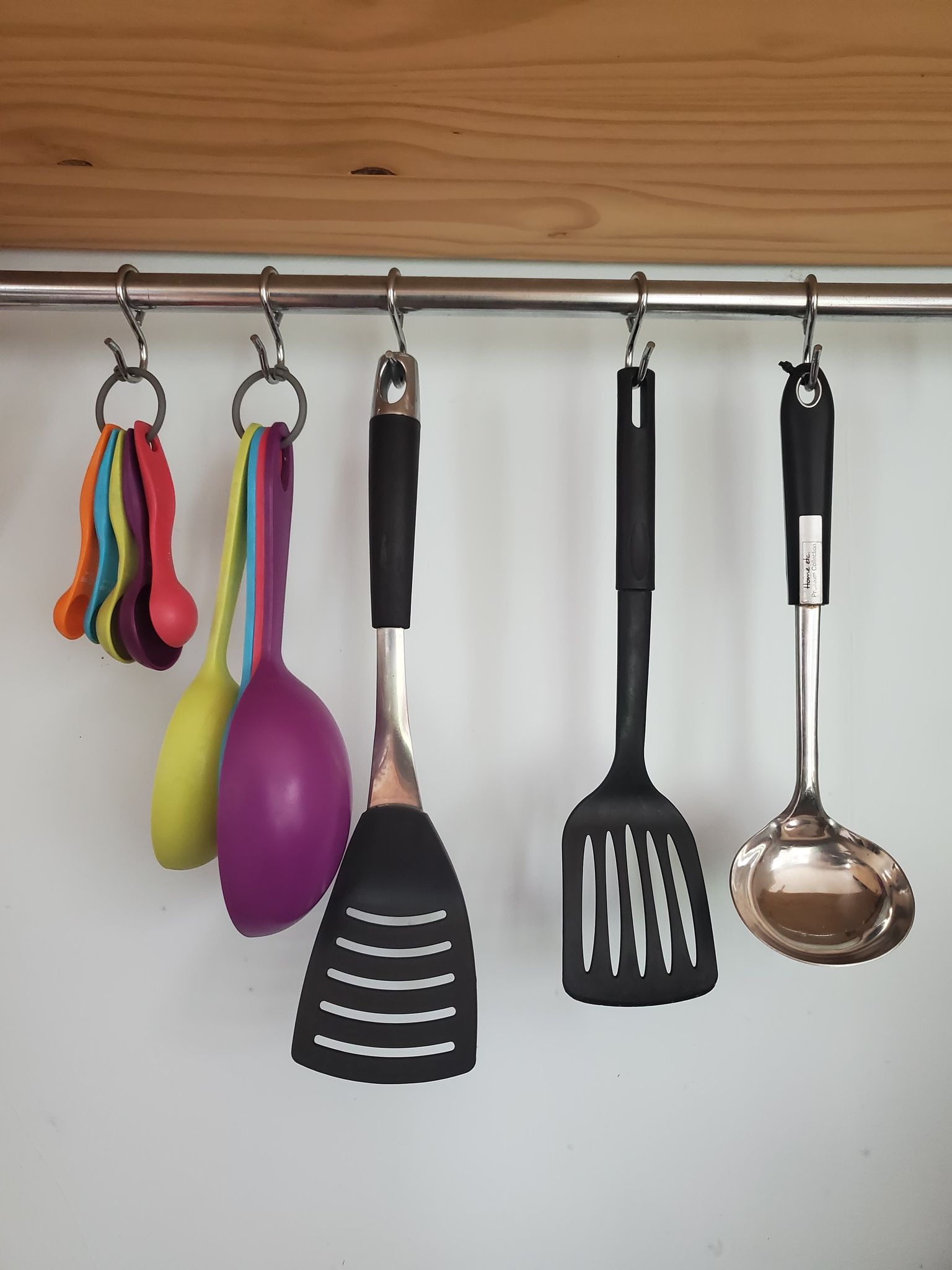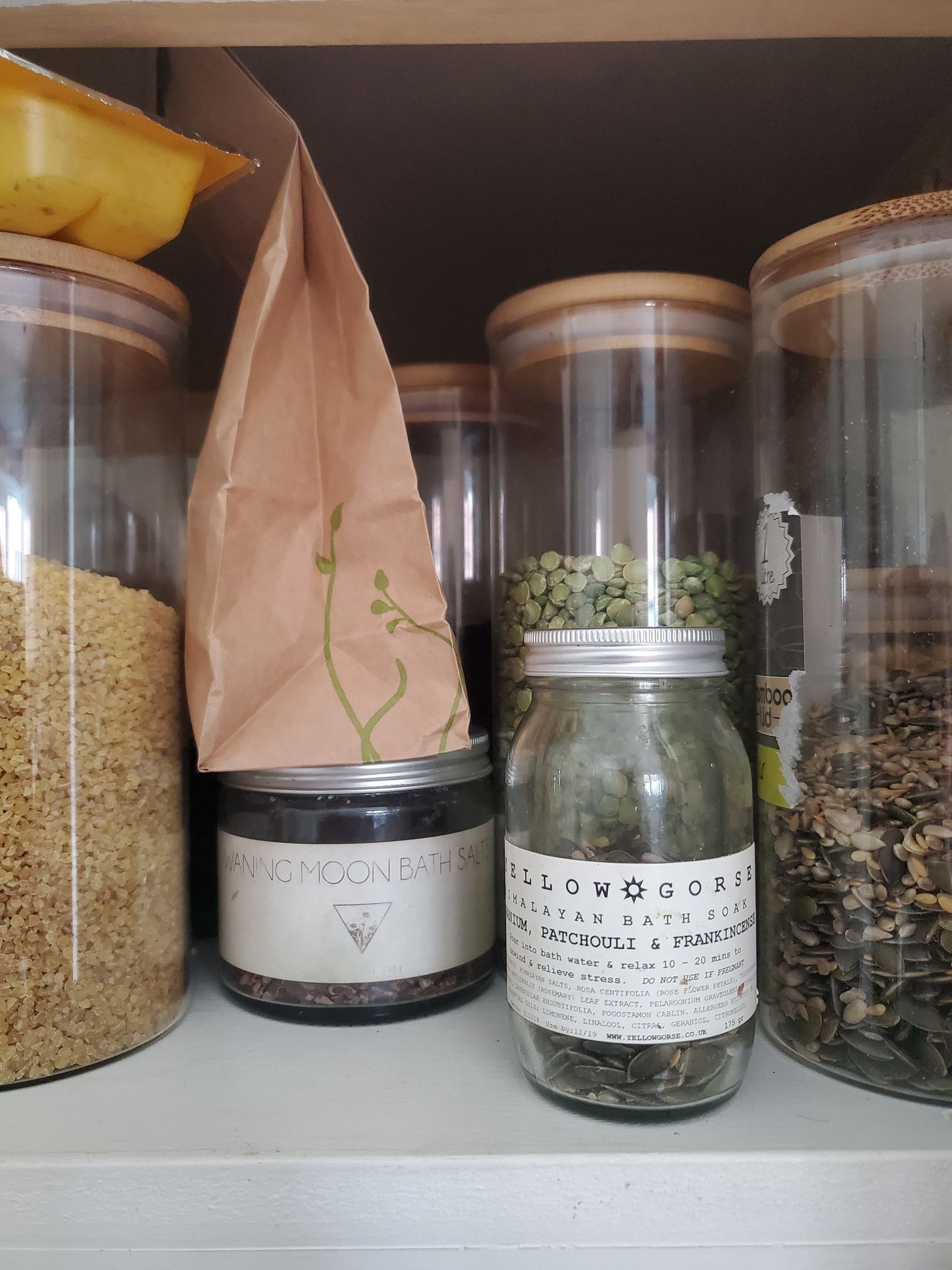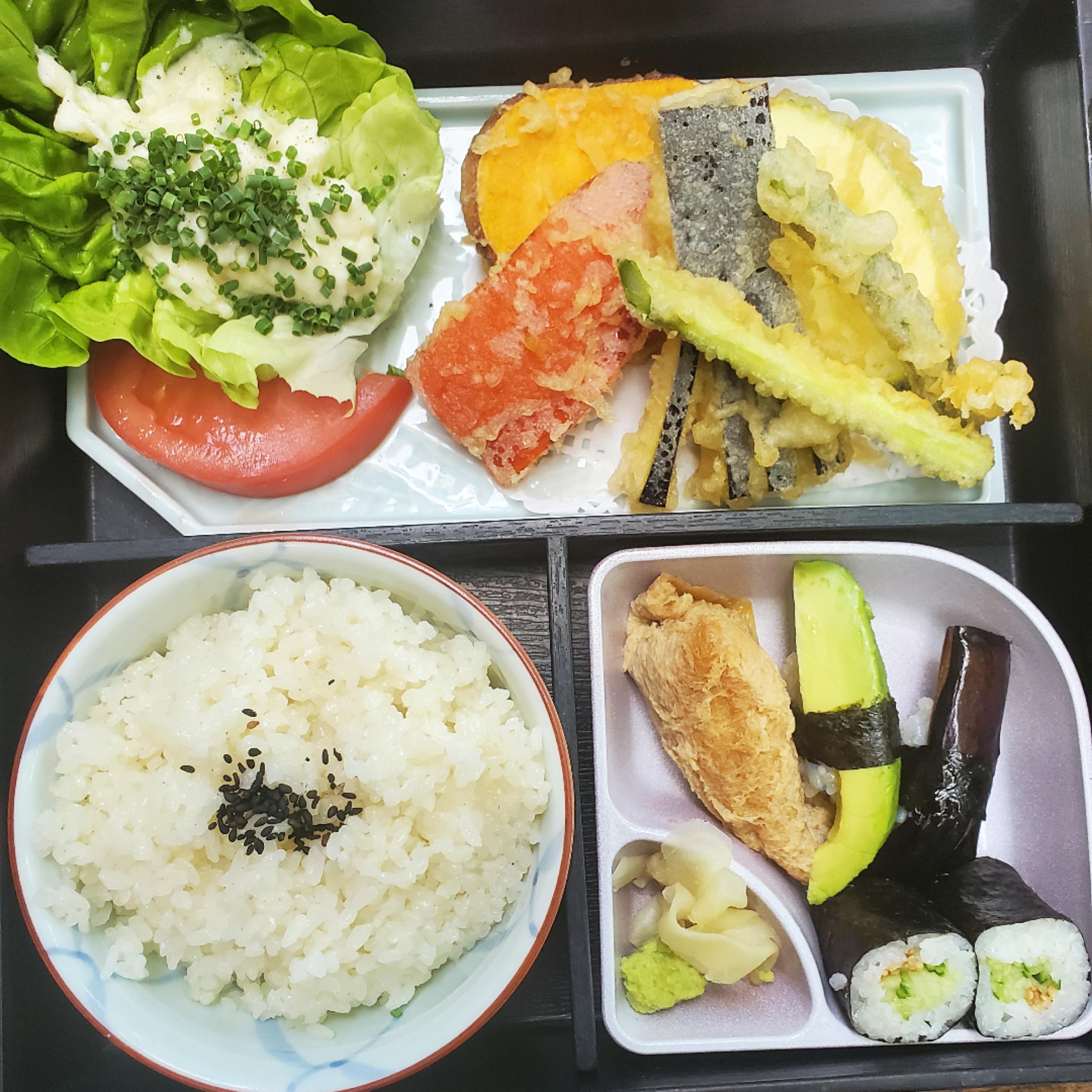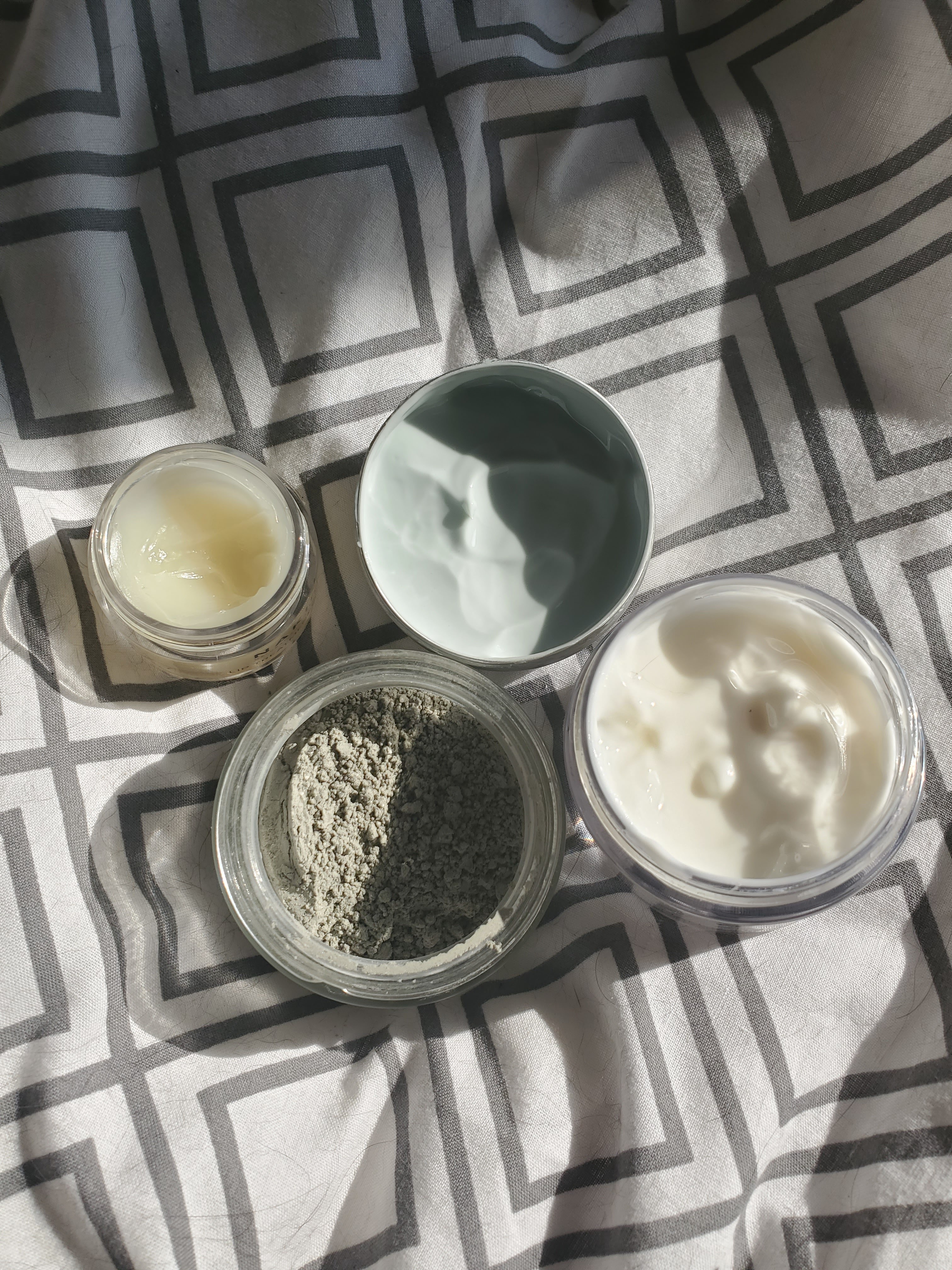Secondhand September has now started, but why stop there? It's time to ring in Sustainable September with five easy ways to reduce waste and save precious resources, money, and time!
Sustainable Tip 1 - Meal Plan:
You know I have suggested in the past that one way to live a more sustainable lifestyle is to reduce food waste, but I want to take some time to share just how easy it is to minimise the amount of food that gets thrown away.
It is estimated that 9.5 million tonnes of food is wasted each year in the UK alone, and only about 30% of that was classified as 'non-edible' parts. This means that nearly three quarters of the trash was intended to be consumed. That is a LOT of meals being thrown into the bin.
Not only is all that food a product that farmers and labourers worked hard to produce, but a massive amount of energy went into growing and transporting these items. Pair that with the staggering 828 million people in the world who do not have enough to eat, and we have a real tragedy happening.
By planning the meals you intend to prepare during the week, you can do your part to reduce food waste. That's because you will have a clear idea in mind about how each thing you buy at the supermarket will be used as well as how much you need for each portion. While this might take a bit more effort when you are first starting out, in the end it will save you money as well as precious time!
To plan your meals, just take a peek into your pantry for some initial inspiration. Have a box of pasta sitting at the back of your shelf and a bottle of lemon juice from pancake day lurking in your fridge? Why not pick up two courgettes, a pack of vine ripened tomatoes, and tenderstem broccoli during your next shop so you can whip up a delicious and fresh dinner?
Or you can make your ingredients go even further by planning multiple dinners that use similar bases. For example, grapes aren't easily used all in one meal. Rather than letting them go to waste, plan a few recipes around them! Some of my favourites are quinoa with roasted grapes, fruit salad, nachos with grape salsa, and grape and walnut yoghurt.
Maybe even try your hand at growing your own herbs. This is a great way to cut down on waste as you only pick off what you are going to use. We have rosemary, basil, lavender, various types of peppermint, and parsley growing, and it's so nice being able to just grab some fresh herbs whenever I need them. It also helps with planning as I know it's always available!
Meal planning is also a great way to conserve other precious resources. There is an energy crisis occurring in the UK currently, so it's more important than ever to figure out ways to save money. By figuring out what you are doing ahead of time, you can lower your bills when grocery shopping and in the home! Consider creating one pot meals, prep all in one go, or even get creative with no cook recipes -- all of these will help cut down on how much gas and electricity you are using.
Sustainable Tip 2 - Save Your Leftovers:
Okay, so I've already talked about ways to reduce food waste at home, but what about when you are out and about? Everyone eats out from time to time, and it's not always possible to stomach a full portion or to finish up that overly tempting pudding you ordered last minute. Is it possible to be more sustainable about these special meals?
Of course! Most place have takeaway containers on hand in case customers cannot finish their food and request a box to go. Don't be embarrassed to ask! You can take home those scraps and make a tasty lunch or dinner for the next day. It saves you time and money, plus ensures that food isn't just thrown in the bin. If you want to be extra prepared, just have your own reusable pot ready to pack up your plate.
And don't think this stops at just food. If you order a bottle of fizz or a house wine to make your trip out extra special, don't feel like you have to binge all at once or that you need to leave behind the remaining drink. Bring home what you don't finish at restaurant, and extend the enjoyment that little bit longer! Have a bottle stopper ready in your bag, or just tell the staff that you want to keep the cork or twist off top so you can close it up at the end of the night. They will be more than understanding.
Sustainable Tip 3 - Repurpose Beauty Products
Wait, what?? How can you use beauty products to reduce food and energy waste?? Well, you get creative, that's how!
Sustainable Tip 4 - Turn Off the Power
It sounds obvious, but so many of us easily forget to turn off our electronic devices and lights when we leave a room or finish using them. Just be ready to flip off the power and remember to switch off all electrical sockets, and you will begin saving immediately!
When it comes to lights, the most sustainable solution is to keep them off until you really need them. If you have a sunny room, it isn't really necessary to have the electricity running to add an unnoticeable amount of brightness. And while keeping a light on in the bathroom overnight is practiced in a lot of households, it's actually wasting a huge amount of energy and adding a pretty big price tag to your bills. In fact, it can add up to nearly £300 extra per year!
Power points are another area we can be a bit more sustainable. If nothing is plugged in, then no power is being used. However, what a lot of people don't realize is that just because a device is off when it is plugged in doesn't mean it is not using electricity. There are many appliances that consume small amounts of energy at all times when the power point is switched on, and this can slowly add up when it comes to bills. For example, reports show that leaving your television on standby costs an extra £30 per year!
When it comes to the kitchen, I'm sure many of us are guilty of keeping things switched on. In our house, the coffee machine, washer, dryer, kettle, toaster, and microwave are always at the ready. I also charge my phone while cooking fairly often, so that is another device that is using up electricity on a regular basis. And unfortunately, these all come at a cost. It's estimated that these 'phantom' electricity costs can add over £150 per year to your expenses. To be more sustainable and to help with our budgeting, we've decided to turn off pretty much everything until we need to use it. What could you switch off??
Sustainable Tip 5 - Find it Thrifted
I love finding the perfect secondhand outfit, and I'm all about used books, but did you know that thrifting for household products can be just as rewarding?? One way to be more eco friendly in your daily life is to look for preloved products before trying to buy it new.
New items require energy to produce and transport. By shopping secondhand you are giving new life to something that would have otherwise ended up in landfill - it's a great way to be more sustainable. Charity shops are full of old mugs, dishes, tableware, cutlery, and knick knacks that can be used to spruce up your kitchen. There are also tons of recipe books that can help with your meal planning! You can even find appliances and handy cooking tools from time to time.
If you are not comfortable buying a machine from a charity shop or you don't have the ability to transport larger items, why not try finding it refurbished instead? These have been factory tested and repaired so they are fully functioning and safe to use, and it means it's saved from landfill. It's a great way to cut down on waste, plus it saves you a little extra too!


















No comments
Share your thoughts!
(No links please!)